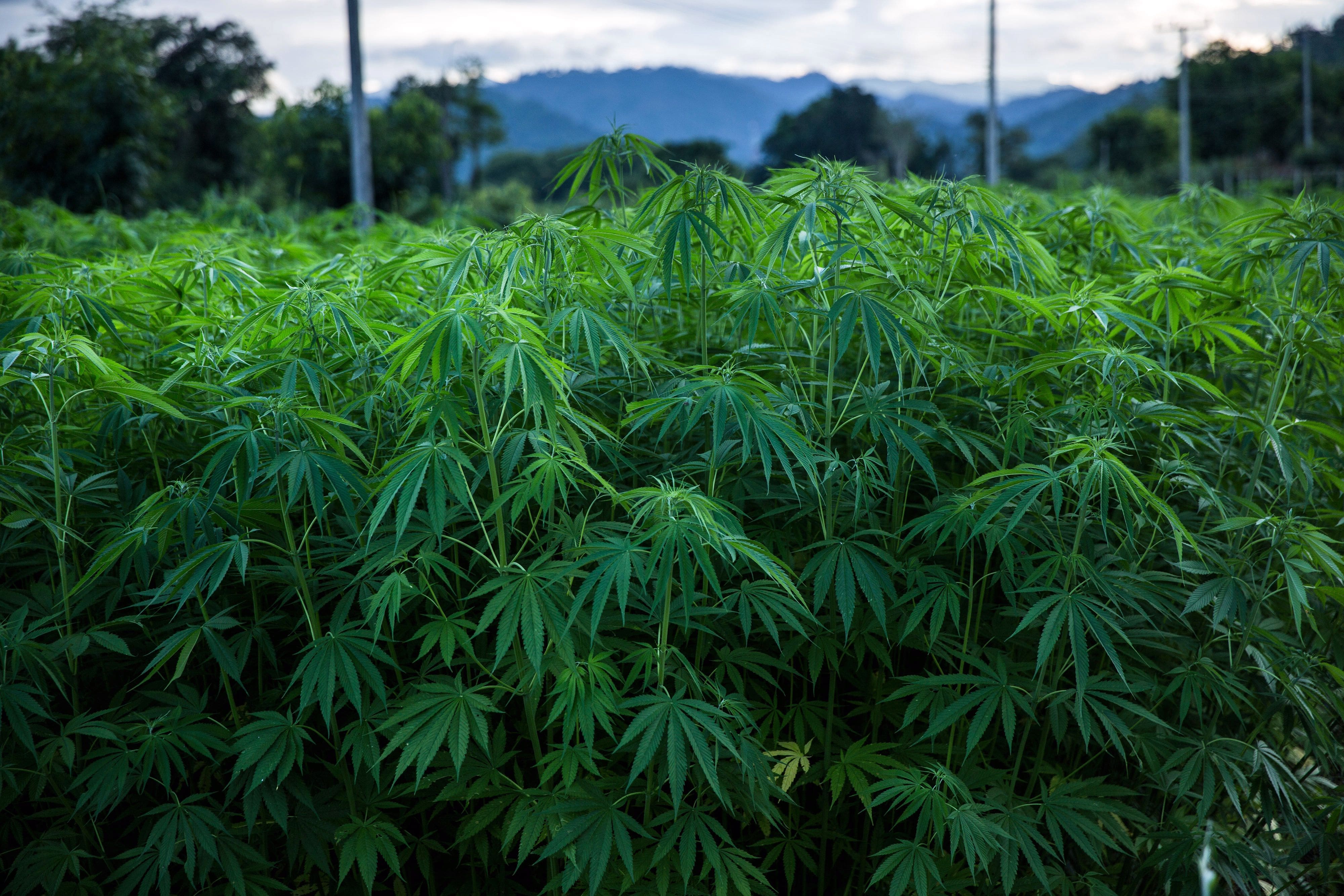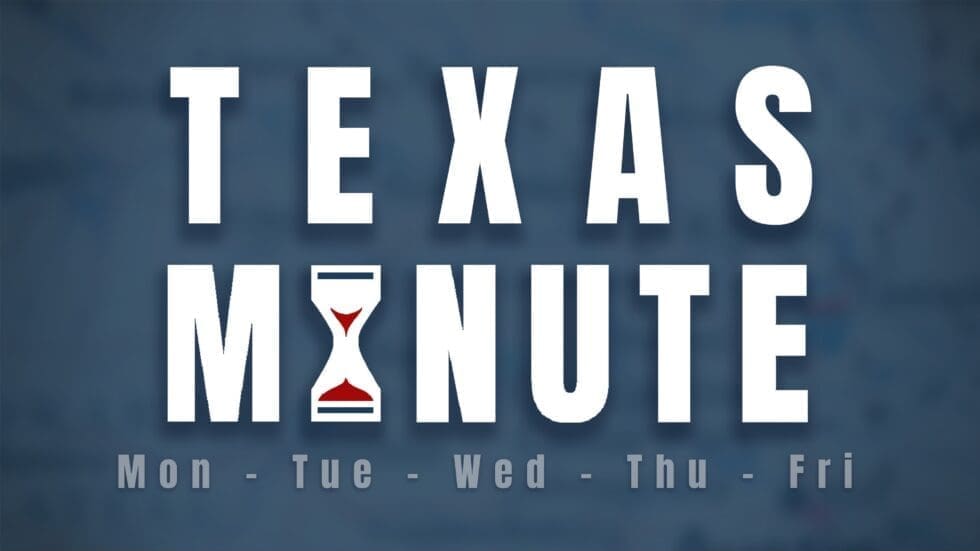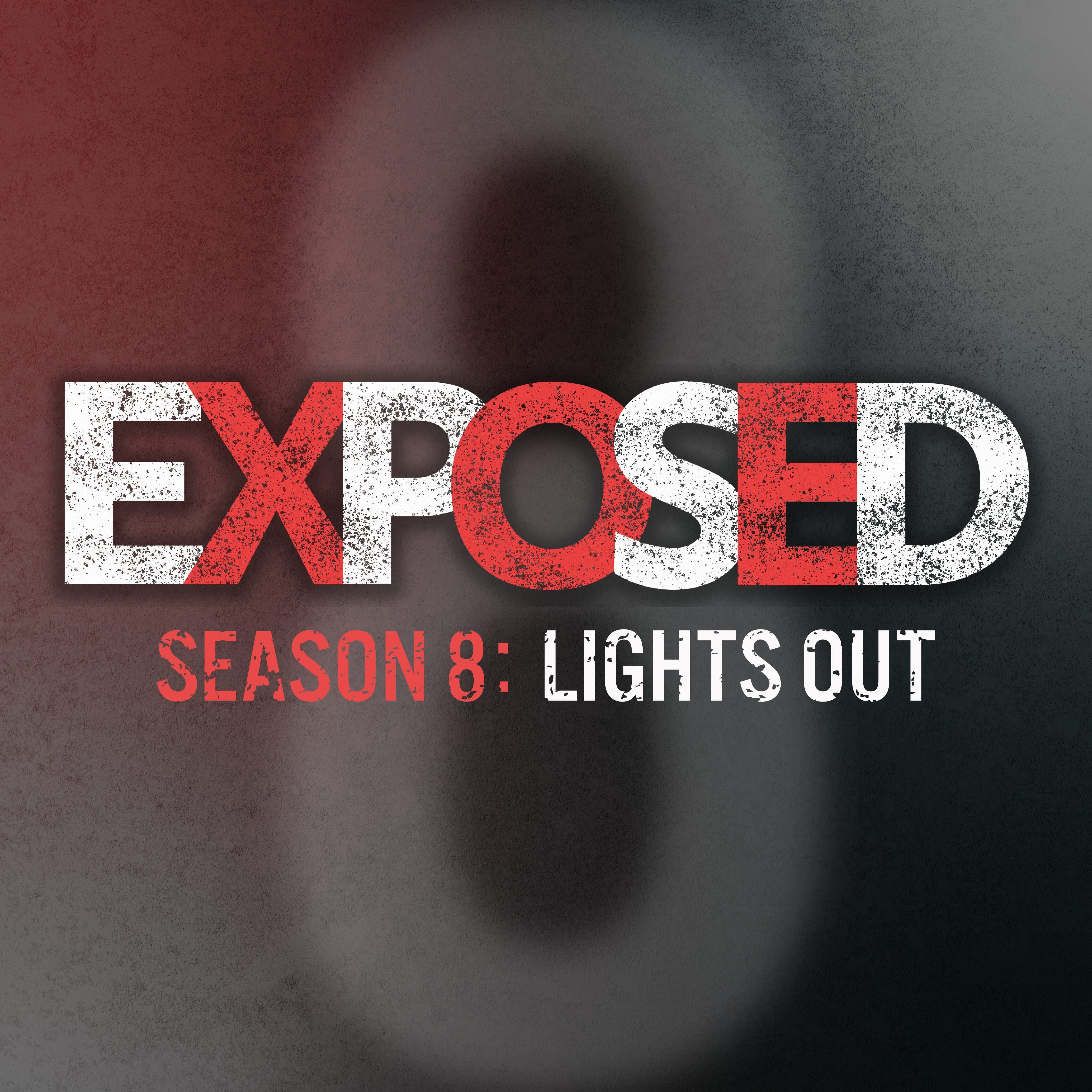The Texas Department of Health Services has declassified industrial hemp as a Schedule 1 drug. Before the move by Texas DHS, hemp—which is most commonly used as a fiber in the making of rope, fabric, and building material—shared a classification with cocaine, methamphetamine, and heroin.
Hemp is often conflated with marijuana but ultimately differs with significantly lower THC levels—the psychoactive element in marijuana.
In a letter addressed to the U.S. Hemp Roundtable, Steven Pahl of the Texas Department of Health Services states that the declassification is based on the “Farm Bill” recently passed by the federal government.
Based on requirements in the Agriculture Improvement Act of 2018 (aka the “Farm Bill”) and Health and Safety Code, Chapter 481, DSHS Commissioner Dr. John Hellerstedt signed an amendment to the Texas schedules of controlled substances, removing hemp from the schedules.
CBD products, low-THC health products which are extracted from hemp, have been sold in small quantities since Texas has had weak enforcement of past hemp laws. Declassifying hemp has proved to be a confusing move with growing and production still being illegal.
It’s that issue that advocates are still looking to the Texas Legislature (and legislatures around the country) to fix. “There does need to be a legislative change for the criminal penalties,” Attorney Lisa Pittman told The Washington Post.
“There is strong momentum for us to have a hemp program. There are six pending hemp bills in the legislature right now,” she told a Dallas CBS affiliate. “Though it may seem small, many feel Texas is moving in the right direction. A post in response to the move on Texas NORML’s site calls it an “extremely important step to have hemp declassified as a controlled substance.”
As it stands, the Texas economy, consumers, and farmers are missing out on the benefits of legalizing hemp. Legislation giving the public more freedom to access hemp could give Texas an advantage in a wide variety of ways. Texas universities could further explore the medicinal uses of CBD, but Texas farmers first need the legislature to clear a legal path for them.
According to a report by Grand View Research (GVR), the global hemp market was valued at $3.9 billion, and the report forecasts the market will double by 2025. Consumers are missing out on the health benefits that hemp has to offer. The same report by GVR lists benefits of hemp products.
“The product is a rich source of omega-3 and omega-6, amino acids, and proteins,” reads GVR’s report. “These nutrients aid in insulin balance, cardiac function, mood stability, and skin and joint health, which is expected to complement industry growth.”
The Texas Department of Health Services made an obvious choice to remove hemp from the lot of cocaine and methamphetamine, but the Texas Legislature should continue to deregulate industries and allow the free market and consumer demand dictate which products are produced.
This is a commentary submitted and published with the author’s permission. If you wish to submit a commentary to Texas Scorecard, please submit your article to submission@texasscorecard.com.




